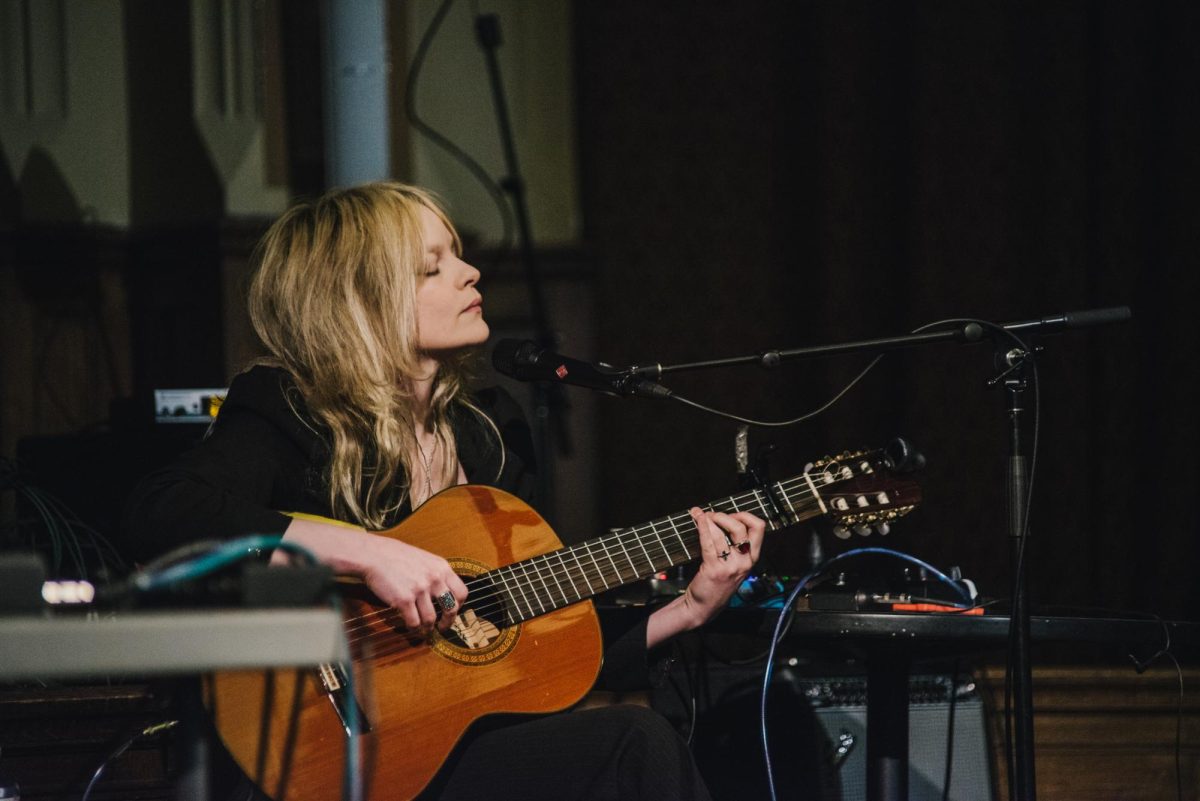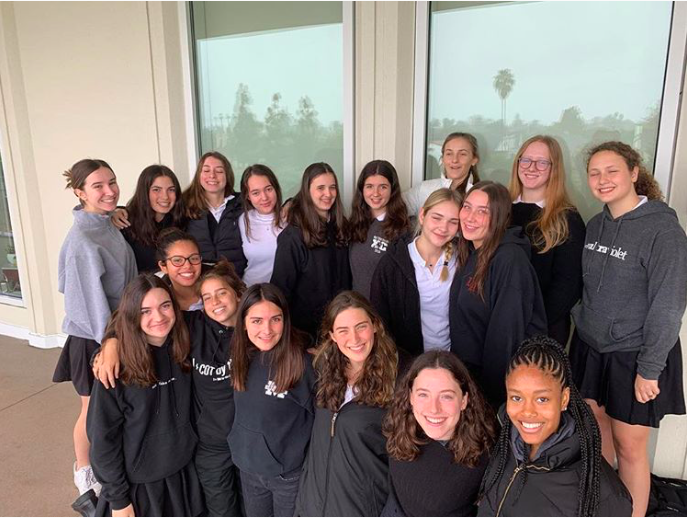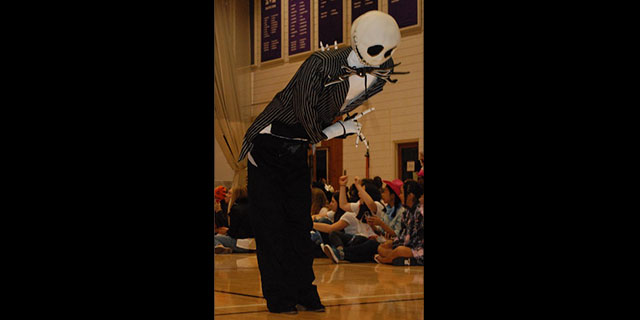.
At the beginning of each May, Marlborough girls can be observed wearing disheveled uniforms, shot-gunning Venti coffees and crying into stacks of thick textbooks. It’s AP season, and the stress levels are off the charts. Why do we subject ourselves to hours of mind-numbing multiple-choice questions? To get into college, of course. But what if there was another way? A better way? Some schools, fed up with the AP system, have asked that very question, and have imported a European alternative: the International Baccalaureate Programme (IB).
The IB Programme originated in Geneva, Switzerland in 1968 and was brought to the United Nations International School (UNIS) in New York that same year. It was developed by forward-thinking educators who wanted to provide students with a more international education and an alternative to the multiple-choice-based AP system. Since then, more than 740 American schools have adopted the IB Programme, eight of which are in LA County, but Marlborough has held steadfast to its AP roots. Two independent schools in LA offer IB: the Lycée Internationale de Los Angeles, a bilingual French American preparatory school with four campuses across the city, and New Covenant Academy, a very small Christian school in Koreatown.
In the International Baccalaureate Program, a student can either elect to get any number of IB certificates by completing individual IB classes or dedicate two years to the arduous task of receiving an IB diploma, which requires studying all six major disciplines: language and literature, individuals and societies, mathematics and computer science, language acquisition, experimental sciences and the arts. Three of the classes a student takes must be high level (240 instruction hours), and the other three are intended to be at a more standard level (150 instruction hours). The program is offered in English, Spanish or French, but a student’s foreign language class cannot be in her native language.
Additionally, diploma-seeking students are required to write an extended (4,000 word) essay, participate in something that falls into what the IB programme refers to as CAS (creativity, action or service) and take a class called Theory of Knowledge (TOK), which involves a critical examination of knowledge, or epistemology. In short: the IB Diploma Programme is an all-encompassing high school experience, while the AP system allows a student to cherry-pick individual classes she is interested in.
Almost all American universities will give a student course credits for an AP score of 4 or 5, and the vast majority will give equal credit for an IB exam score of 6 or 7 (the IB scale is out of 7, while the AP scale is out of 5).
Unlike the AP exam score, which is based exclusively on one final test, a student’s IB exam score is based on both a final exam and various assessments throughout the year, showing a greater emphasis in IB on the process of learning over retaining specific knowledge.
While some argue that the AP system allows little room for student growth, many Violets disagree, saying it gives them the chance to challenge themselves with rigorous courses.
“I really do like the AP system. I mean, it’s a lot of work, so that sucks, but it really does help prepare you for college. You have to think about your future,” AP student Shannon ’13 said.
Where the two systems dramatically differ is at the international level. Outside of the United States, the term “AP” means virtually nothing, whereas IB is highly reputable worldwide. For students who intend to go to college abroad, having an IB diploma would be an undeniable advantage. IB exams also require more writing than AP tests, and with the addition of the 4,000-word essay, IB students get significantly more exposure to critical thinking and writing.
Dr. Rebecca Wood, the IB Diploma Coordinator at Fairmont Preparatory Academy in Anaheim, stresses that the IB Programme offers students opportunities that the AP system simply cannot.
“In terms of IB over AP, it really just prepares students better for college, because college is not a multiple-choice test,” Wood said.
So why does Marlborough not offer IB? According to Director of Upper School Laura Hotchkiss, the School’s decision to offer AP classes was made many years ago, before the IB programme had become popular in the United States, due to the credit the University of California schools gave based on AP scores.
“I recently spoke with schools like Marlborough about IB and possible benefits, and determined it would be a significant curricular change. Certainly something we could consider in the future, but not in the same year as a schedule change,” Hotchkiss said.
Nate Schmidt, an IB student at the Harrisburg Academy in Pennsylvania, acknowledged that a full IB course load has been difficult but did find some benefits to his rigorous schedule.
“I think IB has been really helpful in terms of making me a college-ready student. And if nothing else, I’ve learned to spell baccalaureate properly,” Schmidt said.






